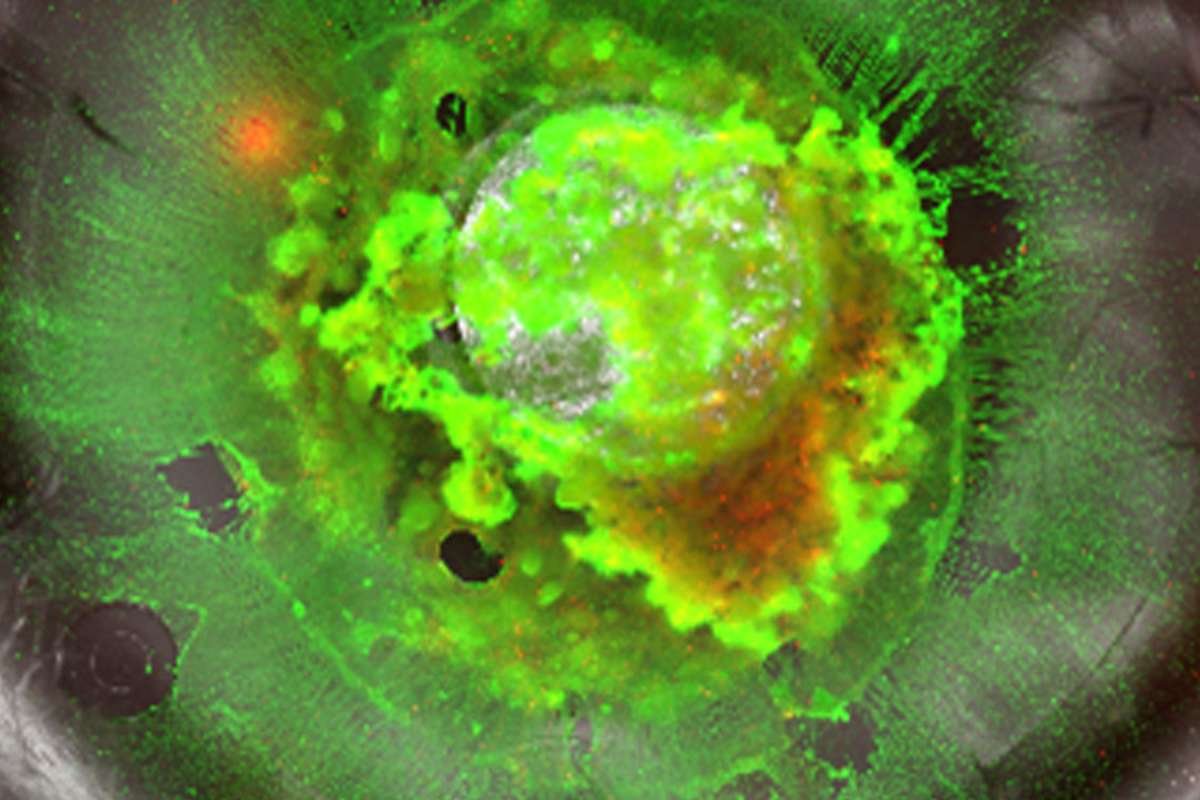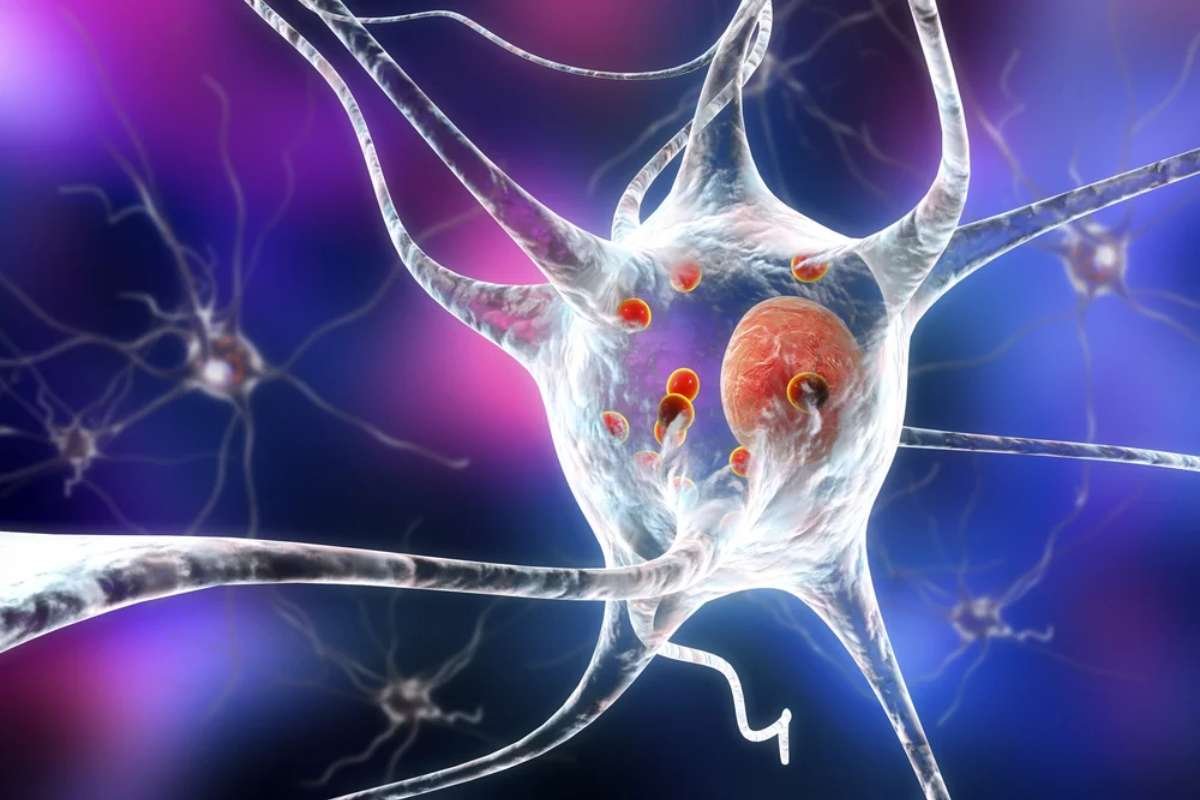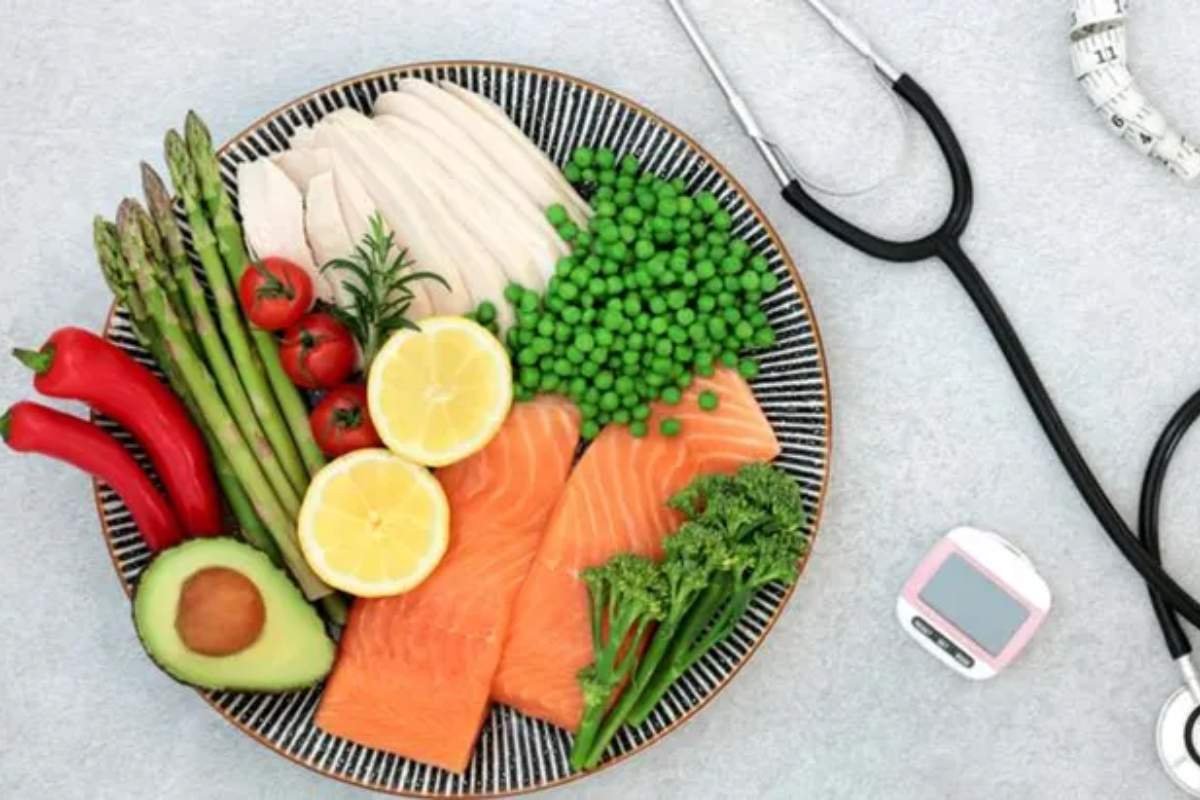The food we eat almost affects everything that happens inside our bodies. This is the exact reason why you should be mindful of what you eat. A good diet has two important aspects. One that it gives the necessary nutrition and two that it affects your sleep cycle. The sleep and snack habits are very closely related to one another. It improves your sleep cycle resulting in a fresh mood the next day. Try to observe yourself when you have a less-than-normal sleep. You will be cranky, fatigued, bad mood, and tired as hell all the time. A lack of sleep also affects the snacking habits.
Let’s see about The Surprising Connection Between Your Sleep and Snack habits: 5 Facts You Need to Know:
Fact #1: Sleep Deprivation and Increased Snacking

One of the most significant connections between sleep and snack habits is the impact of sleep deprivation on our eating patterns. When you don’t get enough sleep, your body’s hunger hormones, ghrelin, and leptin, become imbalanced. Ghrelin, the hunger hormone, increases, while leptin, which signals fullness, decreases. This hormonal imbalance can lead to increased cravings for high-calorie, sugary snacks, especially late at night.
Fact #2: Emotional Eating and Sleep
Emotional eating often goes hand in hand with sleep disturbances. When you’re tired and stressed due to poor sleep, you’re more likely to turn to comfort foods for emotional relief. This type of eating, driven by emotions rather than true hunger, can result in late-night snacking habits that are hard to break.
Fact #3: Ideal Eating and Sleeping Process
To establish healthy sleep and snack habits, it’s essential to follow an ideal eating and sleeping process:
1. Establish a Consistent Sleep Schedule
Aim to go to bed and wake up at the same times every day, even on weekends. Consistency helps regulate your body’s internal clock. A consistent and disciplined sleep schedule will help you to get a sound sleep.
2. Avoid Heavy Meals Before Bed
Large, heavy meals before bedtime can disrupt your sleep. Try to finish eating at least two to three hours before you plan to sleep. A lighter stomach helps the digestion process fasten and helps you wake up fresh the next day.
3. Choose Sleep-Inducing Snacks
If you’re genuinely hungry before bed, opt for sleep-friendly snacks like a small serving of Greek yogurt, a banana, or a handful of almonds. These options won’t interfere with your sleep. One of the good sleep and snack habits is to choose sleep-inducing habits.
4. Limit Caffeine and Alcohol
Both caffeine and alcohol can disrupt sleep patterns, so it’s best to avoid them in the hours leading up to bedtime.
5. Create a Relaxing Bedtime Routine
Engage in calming activities like reading, gentle stretching, or meditation before bed to signal to your body that it’s time to wind down.
Fact #4: Why People Are Tempted to Midnight Snacking

Understanding why people are tempted to midnight snack is crucial in curbing this habit. Late-night snacking can be driven by a variety of factors, including:
1. Habit
If you’ve developed a routine of snacking before bed, breaking that habit can be challenging. Sleep and snack habits are interrelated. They are habitual too.
2. Stress and Anxiety
Anxiety and stress can trigger late-night cravings for comfort foods. Try to be relaxed and stress-free as the day is about to end. Stress and anxiety induce a desire to eat something to feel relaxed. Stress eating is a thing in some people.
3. Boredom
Some people snack out of boredom, especially when they’re awake in the middle of the night. When sleepless at night people often tend to eat something to feel full. After being full they feel like sleeping, this is the logic used by many people.
4. Peer Pressure
Social situations or watching others indulge in late-night snacks can also influence your choices. Watching someone eating can ignite the eating desire in you too. As you watch the person eat, you start imagining the taste and are tempted to eat, at late night.
Fact 5: Strategies to Curb Midnight Snacking
Breaking the cycle of midnight snacking can be challenging, but it’s not impossible. Here are some strategies to help you curb this habit:
1. Stay Hydrated
Sometimes, thirst can be mistaken for hunger. Try drinking a glass of water when you feel the urge to snack.
2. Mindful Eating
Pay attention to what you eat and savor each bite. This can help you recognize true hunger and distinguish it from emotional eating.

3. Replace Unhealthy Snacks
Stock your pantry with healthier snack options like fruit, nuts, or whole-grain crackers. This way, when you do snack, it’s on something nutritious.
4. Identify Triggers
Keep a journal to identify the triggers that lead to late-night snacking. Once you pinpoint them, you can work on healthier coping mechanisms.
5. Practice Good Sleep Hygiene
Ensure you’re getting enough sleep by following good sleep hygiene practices. This will reduce the likelihood of turning to snacks for energy or comfort.
Conclusion:
Your sleep and snack habits are more connected than you might have thought. Sleep deprivation can lead to increased late-night snacking, and emotional eating can further exacerbate the issue. By following an ideal eating and sleeping process and implementing strategies to curb midnight snacking, you can create a healthier and more balanced lifestyle that benefits both your sleep and snack habits. Remember, it’s not just about what you eat but also when and why you eat that matters. So, pay attention to your Sleep and Snack habits, and make conscious choices to foster better overall well-being.
Also Read: 6 Surprising Foods That Can Help You Sleep Better











